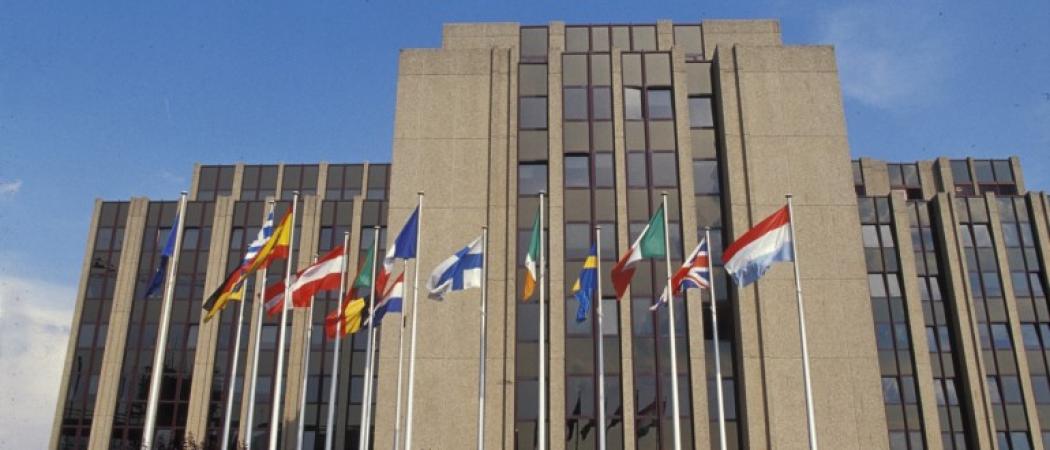There are honest mistakes, but little evidence of fraud in the grant system, says the European Court of Auditors as it outlines areas for improvement in the next research programme, Horizon Europe.

The European Court of Auditors in Luxembourg.
The European Commission should continue to strip away complex rules, guidelines and procedures that both make life miserable for researchers and increase the risk of accounting errors, the European Court of Auditors says.
Only in two cases in the auditors’ 2017 sample was there any suspicion of fraud, according to Alex Brenninkmeijer, who was responsible for the research side of the accounts.
The watchdog’s report on transactions made with EU money in 2017 confirms that overall irregularity in EU-backed research projects is falling, but says improvements should be introduced in the next programme, Horizon Europe, set to begin in 2021.
The current programme, Horizon 2020, is complex “due to its range of regulations, rules, guidelines, procedures and processes.” The unnecessary complexity “brings risk.”
Measures to increase flexibility for researchers in Horizon 2020 were helpful, but insufficient, say the auditors.
What would help in the future are better guidelines, extra time for financial departments to absorb new rules and more funding options, such as prizes and lump sum payments, Brenninkmeijer said.
The Commission is testing lump sum payments for a handful of projects, but some researchers argue that this arrangement underestimates the “real” cost of research.
Since 2014, the Commission has received more than 130,000 grant applications and funded almost 20,000 projects.
Errors were mostly committed by first-time EU grant recipients and SMEs, with the audit for 2017 also showing a greater frequency of accounting irregularities among researchers in non-EU countries, such as the US and Tunisia.





 A unique international forum for public research organisations and companies to connect their external engagement with strategic interests around their R&D system.
A unique international forum for public research organisations and companies to connect their external engagement with strategic interests around their R&D system.